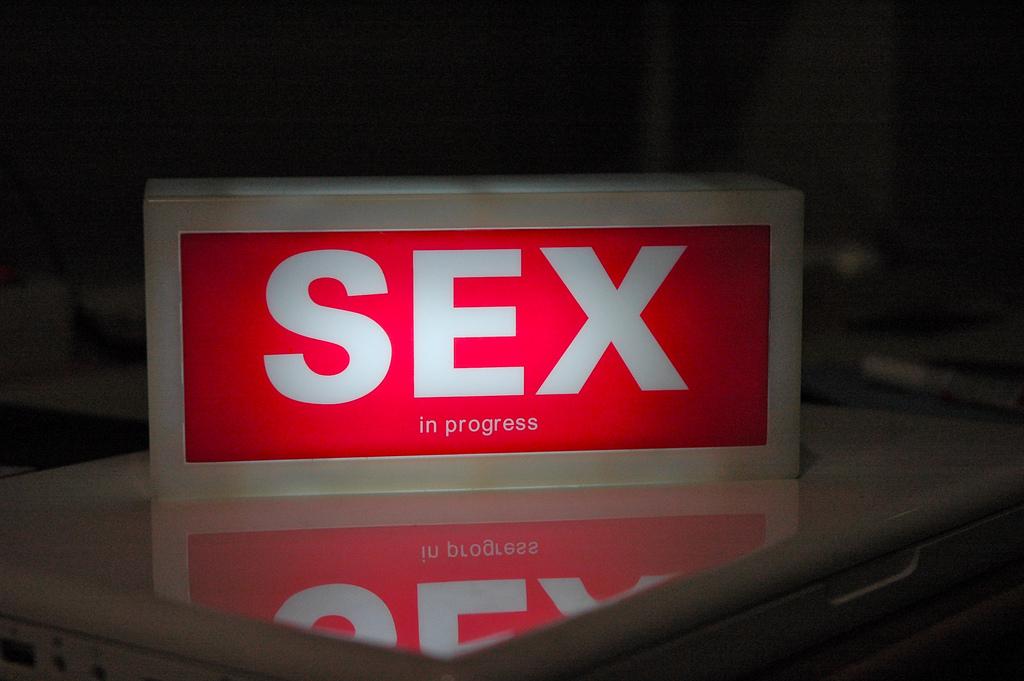It’s the last week of classes before finals and students’ schedules are filled to the max. With nights set aside to study and pump out final papers, the last thing someone needs the day before the big test is to wake up with a fever, sore throat and a bad case of the chills. If you want to avoid the risk of catching a cold, read a couple tips from San Francisco State University professors on how to stay healthy during finals.
Kinesiology lecturer Regula Dhehdi says the preparation for a healthy immune system during finals starts at the beginning of the semester.
“Students are more prone to falling sick at the end of semester because they are run down: not enough sleep, not eating healthy, not exercising, being physically active regularly, procrastination of finishing assignments at last moment, using caffeine, sugar, etc. to maintain attention span in class and for homework,” says Dhehdi. “All this causes stress to the body and mind, and has a negative effect on the body’s ability to protect from falling ill.”
Kinesiology professor Matt Lee says students should try to maintain their regular eating, sleeping and exercise habits, even when it is tempting to give up a couple hours of sleep for studying.
“Make time to eat healthy meals, breakfast included. Make time for exercise, and definitely get sufficient rest. This would hopefully allow the immune system to respond well to the stress that many students may experience,” says Lee.
Holistic Health assistant professor Richard Harvey agrees with both Dhehdi and Lee, and says that the rule students should live by, is eating healthy, well rounded meals, and avoid eating processed food.
“No, an energy drink and energy bar do not count as a meal. Instead use the 30-30-40 rule, where 30 percent of every meal has protein [such as tofu, eggs, cheese, lean meats], 30 precent has healthy oils and fats [such as olive and avocado oil], and 40 percent has healthy carbohydrates, [such as fruits and brown rice],” says Harvey.
In addition to eating well-balanced meals, Harvey says students should set aside time for 20 minutes of physical activity, from stretching to running, and also make time to catch a full night’s sleep.
Harvey says that if students want to wake up for finals feeling extra refreshed, they should reduce optic nerve stimulation.
“Practice turning off, as in powering down completely any electronic noise,” says Harvey.
In addition to eating right, getting sleep, and keeping physically active, the final step students should take to avoid sickness is avoiding stress.
According to an article by Psychology Today, cortisol, which is produced when one is stressed, is the number one factor to developing a weak immune system and chronic diseases. The article continues to say that chronic stress, which translates as stress carried day to day over the years, results in decreased resilience and mental illness, especially among young people.
In a 2008 study done by the Anxiety and Depression Association of America, 80 percent of college students reported that they frequently experience stress on a day to day basis.
An article by helpguide.org says that people can reduce stress by spending time in nature, playing with animals, taking a walk, and releasing any pent up emotion with close friends.







